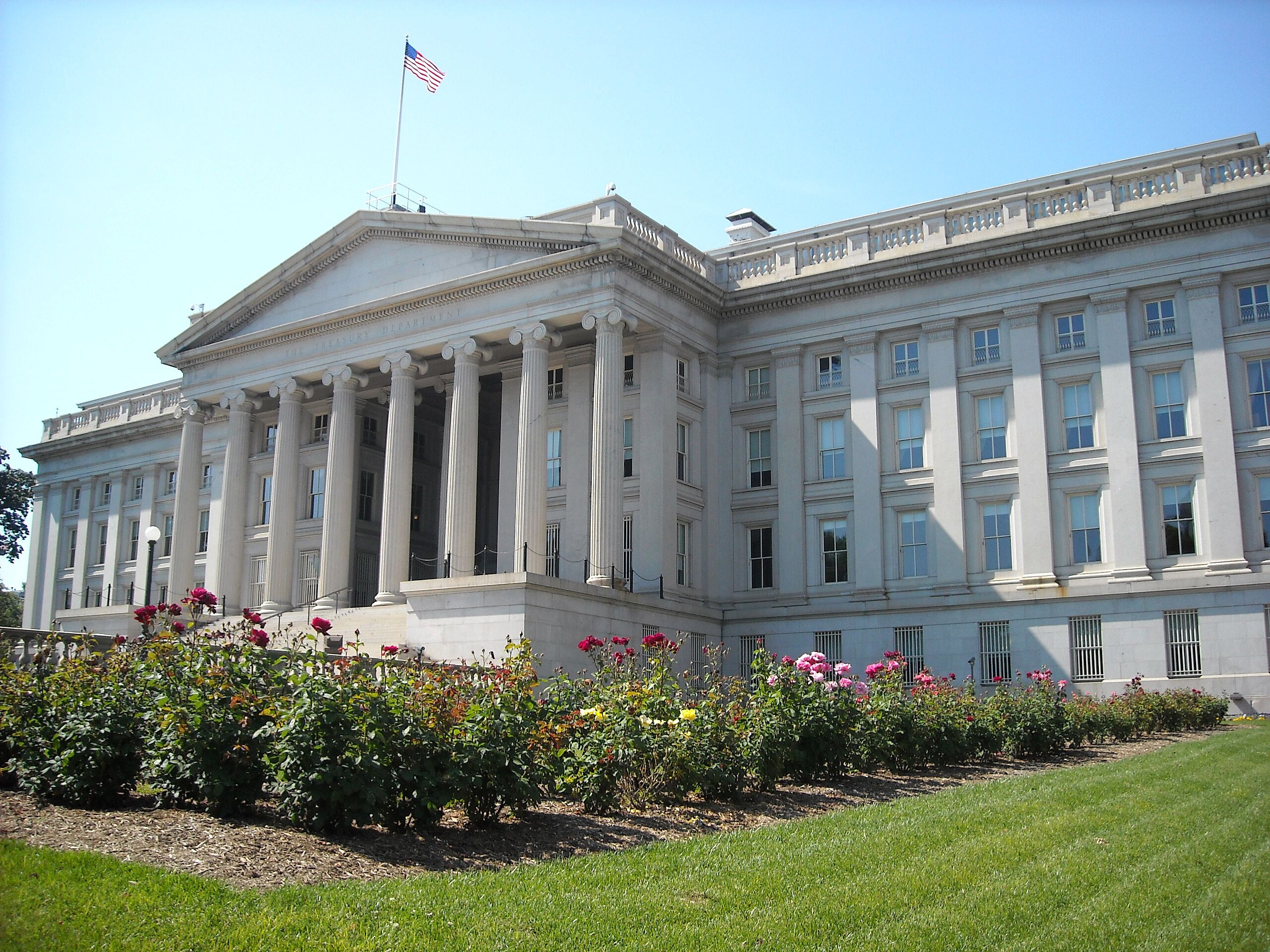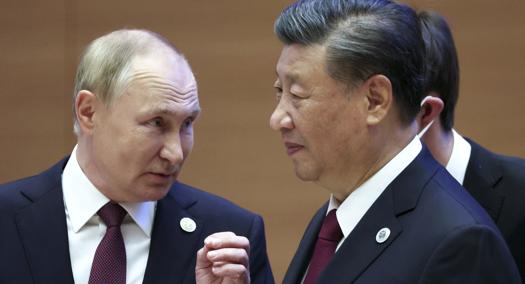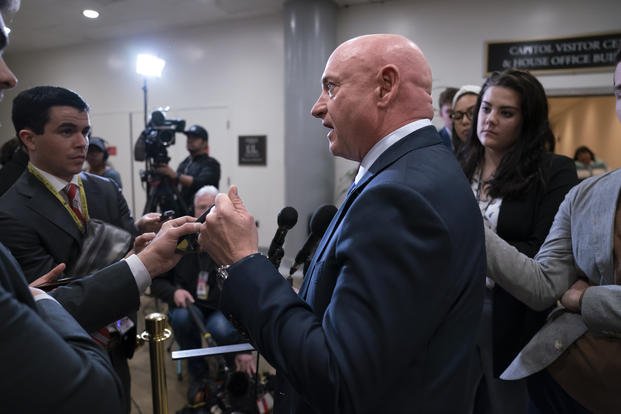By: Brent Bartell
In an effort to curb Chinese advancements in critical military technologies, the U.S. Treasury Department announced a new rule on Monday that limits and closely monitors American investments in China’s artificial intelligence, semiconductor, and quantum computing sectors.
The rule stems from an August 2023 executive order issued by President Joe Biden, aiming to prevent “countries of concern,” namely China along with Hong Kong and Macao, from leveraging U.S. investments for technologies with military applications, such as code-breaking or next-generation weaponry. Set to take effect on January 2, this restriction is intended to prevent these investments from supporting adversarial defense and intelligence advancements.
“American investments should not enable countries of concern to develop their military, intelligence, and cyber capabilities,” said Paul Rosen, Assistant Treasury Secretary for Investment Security. He added that these investments often provide more than capital, offering “intangible benefits” like managerial expertise, recruitment insights, and access to additional financing.
This policy against aiding China’s tech expansion enjoys bipartisan support in Washington, as recent actions reflect. President Biden has imposed tariffs on Chinese electric vehicles and implemented export restrictions on advanced semiconductors and manufacturing tools. Similarly, former President Donald Trump has proposed substantial tariffs on all Chinese imports if he is re-elected.
China voiced its disapproval, with Foreign Ministry spokesperson Lin Jian expressing strong opposition to the restrictions, claiming they impede standard trade practices. Hong Kong’s leader, John Lee, argued the measures would disrupt global supply chains and criticized the U.S. approach as detrimental to its own economic interests, citing a U.S.-Hong Kong trade surplus of $472 billion over the last decade.
As part of the new rule, Americans and U.S.-based companies must also notify the government about any transactions involving technologies that may pose a national security threat. Violations could result in penalties reaching up to $368,136 or double the transaction’s value, whichever is greater. To enforce the rule, the Treasury is establishing an Office of Global Transactions.


